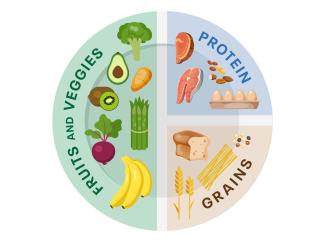In this section, you will find comprehensive information about vitamins and their essential roles in maintaining overall health. Explore detailed articles on the different types of vitamins, including water-soluble and fat-soluble varieties, their sources, recommended daily allowances, and the potential health benefits of each. We provide insights into how vitamins contribute to various bodily functions, the consequences of deficiencies, and tips for ensuring adequate intake through diet and supplements. Empower yourself with knowledge to make informed choices for your nutritional needs.
Vitamin A is often considered one of the most important vitamins for healthy skin.
Dry or oily hair can be indicative of various underlying issues, including nutrient deficiencies. Here's how nutrient deficiencies can contribute to dry or oily hair:
Nails are not only a key part of our appearance but also an important indicator of our overall health.
Eggs are nutritionally rich and versatile foods with several health benefits. Let's take a detailed look at some of the key advantages of consuming eggs:
The desire for firm, youthful skin is universal, and maintaining skin elasticity is a key aspect of achieving this.
Your eyes can provide valuable information about your overall health and nutritional status.
Vitamin D and magnesium are two essential nutrients that play crucial roles in the body, and there is indeed a close connection between them.
Are Eggs Healthy? A Comprehensive Overview
1. Nutritional Composition of Eggs
Jujubes, scientifically known as Ziziphus jujuba, and commonly referred to as Chinese dates or red dates, are small, sweet, and nutritionally rich fruits that originate from China and othe









